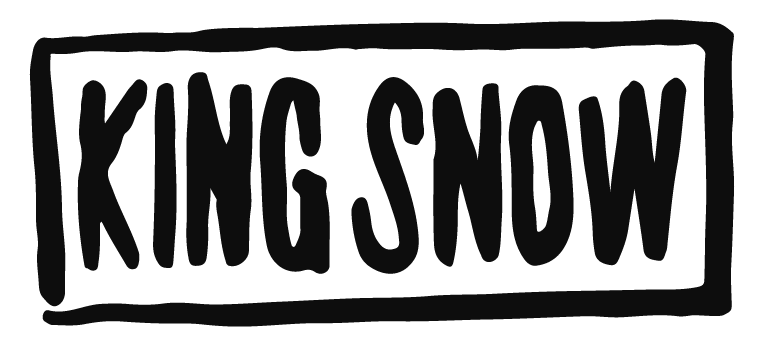LESSONS | JESS KIMURA
Without a doubt, Jess Kimura has made a substantial impact on snowboarding. Since her breakout part in Think Thank’s Left Brain, Right Brain, she has been clearing a path for women's snowboarding and all Canadians. Jess has proven herself time and time again by filming fantastic video parts, producing incredibly impactful films, and helping so many start their careers in snowboarding. I imagine it might feel like she has the whole team on her back at times, but few have done it better. This makes Jess the perfect candidate for this piece. A piece where she tells us the three most important lessons snowboarding has taught her. Take it in! —William Fraser

The Importance of Giving Back
I think initially, what you bring to snowboarding, when you're first on the scene, is your skills, the tricks you're doing, and the spots that you're hitting. I used to destroy myself in order to get the shot. I wanted to prove to the world what a girl was capable of. I’d put all this effort in, and then my part would come out, and “Yay”—that was it. Video premiere season would be over and I’d start again from zero. I started to question what the bigger picture was and what I was really contributing. Once I started using my success in snowboarding to give opportunities to other people, I felt motivated and fulfilled on a higher level. I didn’t want others to have to destroy themselves as much as I did in order to climb the ladder. With a little help and encouragement, they have been able to get so much further up. Seeing the level of women’s snowboarding skyrocket in the past few years has kept me much more motivated and stoked about snowboarding than just doing it for myself and my sponsors. Giving back is really important.

Life is a Team Sport
During the height of my career, I felt really isolated. In snowboarding, people don't like to say "sport," and they don't like to say "team," but being in it for yourself only gets you so far, and it's not nearly as fun. When you do things as a team, the wins are amplified by everyone’s stoke, and you don’t have to shoulder the burden of your losses alone. I would much rather do a trip with a group of people who are fired up on helping each other succeed than have a whole film crew to myself. Working with a team makes it fun and gives me a sense of community.
“People don't like to say 'sport,' and they don't like to say 'team,' but being in it for yourself only gets you so far, and it's not nearly as fun.”
Treat Everything Like a Job Interview
Some people might call me a nerd for thinking like this, but I treat even the smallest opportunities like a job interview. In the past, when others were acting too cool for something, I would make sure I was absolutely prepared. I’d pack the night before, bring snacks for everyone, show up early, and be the last one to leave. I wanted to be a part of the set up and the tear down of any event I was invited to, even if that wasn’t being asked of me. I also tried to treat anyone I worked beside, above, or below with respect and do what I could to make it a good experience for them. It’s important to treat people well and do a good job but you also never know how it will return to you. I’ve gotten some really big opportunities from people who started out on the lowest rung doing company events/demos that ended up climbing to the top. When you don’t act like a dick, people will remember that, and they will want to work with you again—even a decade later.
